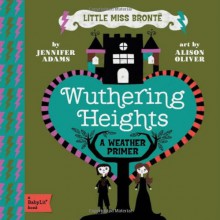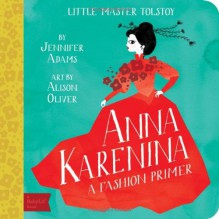
This is my second Brandon Sanderson, following his YA take on the superhero novel, Steelheart, which I also loved.
This is one of the best fantasy novels I've read in awhile.
Characters: I loved Kelsier and Vin. Kelsier's motives were sufficiently obscure until the very end to make him a believably flawed character. I loved the secondary characters as well, especially Vin's watcher, the Terrisman, Sazed. I would say that Sanderson's greatest strength isn't in complex character development, but he does manage to avoid filling his novel with wish-fulfillment characters that are all to common in fantasy novels.
Magical system: I was really on the fence about the whole concept of this novel when I read the synopsis. But, in Sanderson's capable hands, allomancy is, in my opinion, the best part of this book. I love the metal pairings. I love the Misting/Mistborn concept. I love it that he created convincing and plausible rules, and, especially, that he made sure that his magic system was partially subject to the rules of physics. It was elegant.
The world-building: again, I was sort of on the fence about an ash covered world. I'm still a bit skeptical about the plausibility of a world where the climate is so dark/ashy. Would it actually be possible to grow crops? And, wouldn't there be famines as a result of the climate issues? (I have this same problem with Martin's Game of Thrones, and the winters that last for years, only bigger. How do they feed themselves in decades long winters?). But, in the end, Sanderson provided enough detail about the agricultural activities that I was willing to suspend my disbelief and go with him.
I am not quite so sure about the "romance" between Vin and Elend. I didn't find it particularly convincing, nor am I sure that it was completely in character for either of them. It felt really tacked on, to me, & I am not quite sure that it is necessary. I would've been more convinced with a friendship among a pair of misfits that develops into a romance in the second book.
Overall, I really, really enjoyed this book, and plan to move on to the second book in the series once I finish up some reading projects that take priority. I think it is super cool that Book 2 begins at the point that fantasy epics usually end - with the rebuilding of the world after the evil oppressor has been vanquished.

 Log in with Facebook
Log in with Facebook 













